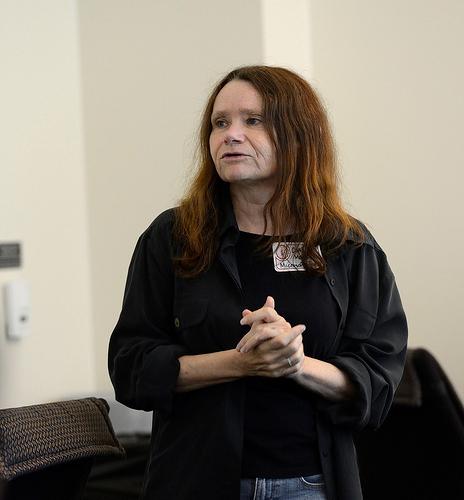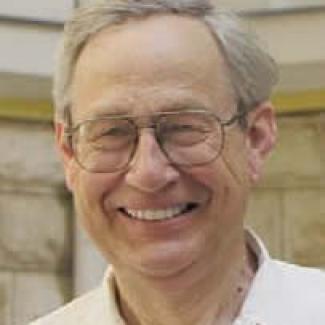What does it mean to turn every page in a digital era?
Catherine Marshall
In Working, journalist Robert Caro exhorts researchers and journalists to “turn every page.” But what does it mean to turn every page in a digital era?
There is little doubt that the ready availability of online digital data has brought about a sea change in research methods and results. Digital humanities arose as a field with the introduction of new digital corpora (some extensively annotated) and more sophisticated analytic tools. Yet by now, the category itself and its attendant disciplinary distinctions are blurring. Other types of humanities researchers are taking increased advantage of online resources as well: results from traditional foregrounded sources like special collections and archives are being goosed by access to background resources like structured databases (e.g., long-term weather data), semi-structured text collections (e.g., large newspaper collections), and creatively repurposed content from web services.
Using examples from fieldwork and my own ongoing collaborations, I will argue that these emerging categories of online resources will have knock-on effects for many aspects of research.
This seminar will be held both online & in person. You are welcome to join us either in South Hall or via Zoom.
For online participants
Online participants must have a Zoom account and be logged in. Sign up for your free account here. If this is your first time using Zoom, please allow a few extra minutes to download and install the browser plugin or mobile app.
Speaker
Cathy Marshall is an adjunct professor in the Department of Computer Science and Engineering at Texas A&M University. She was previously a principal researcher at Microsoft Research, Silicon Valley.











